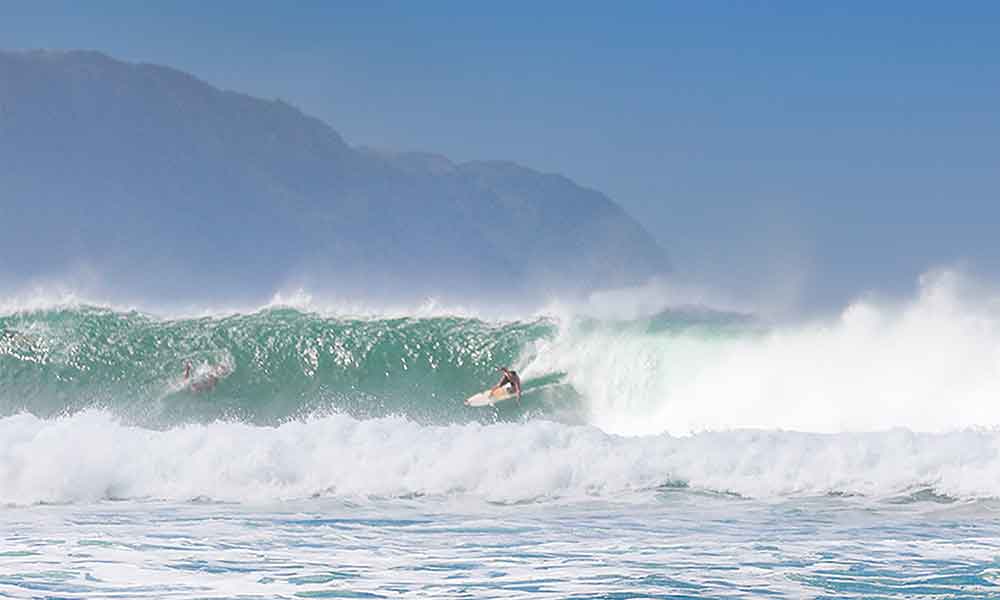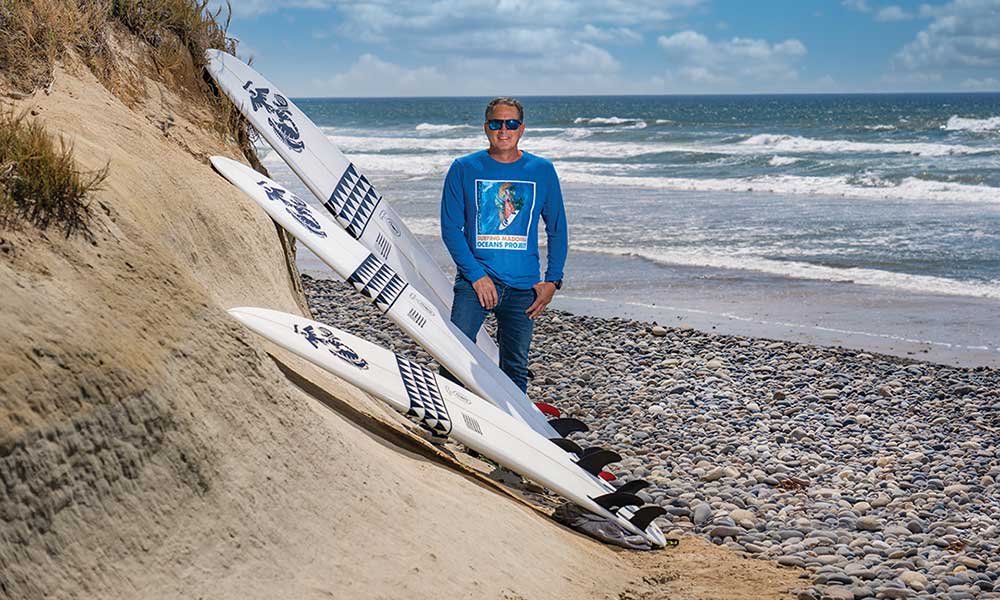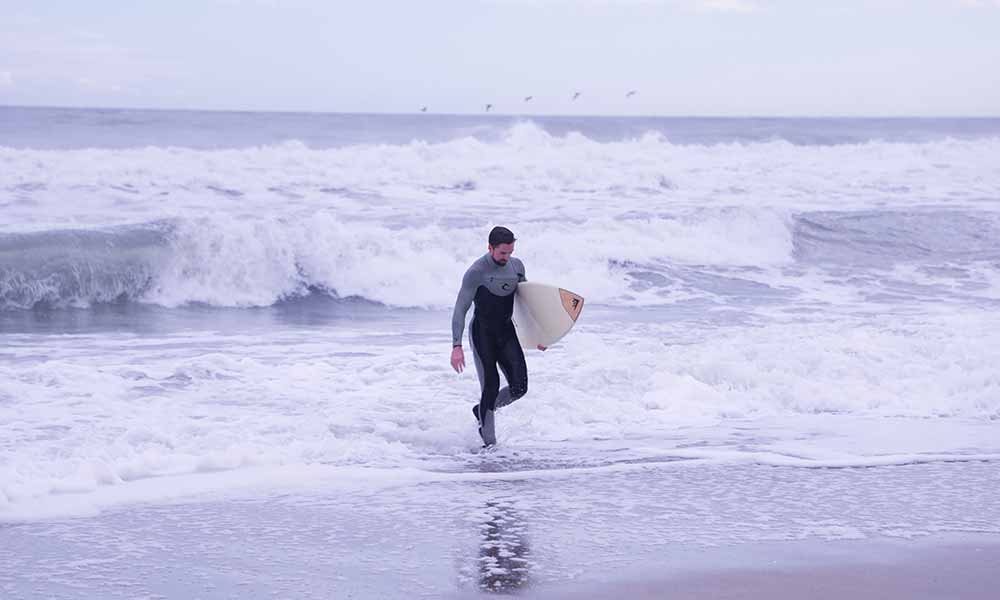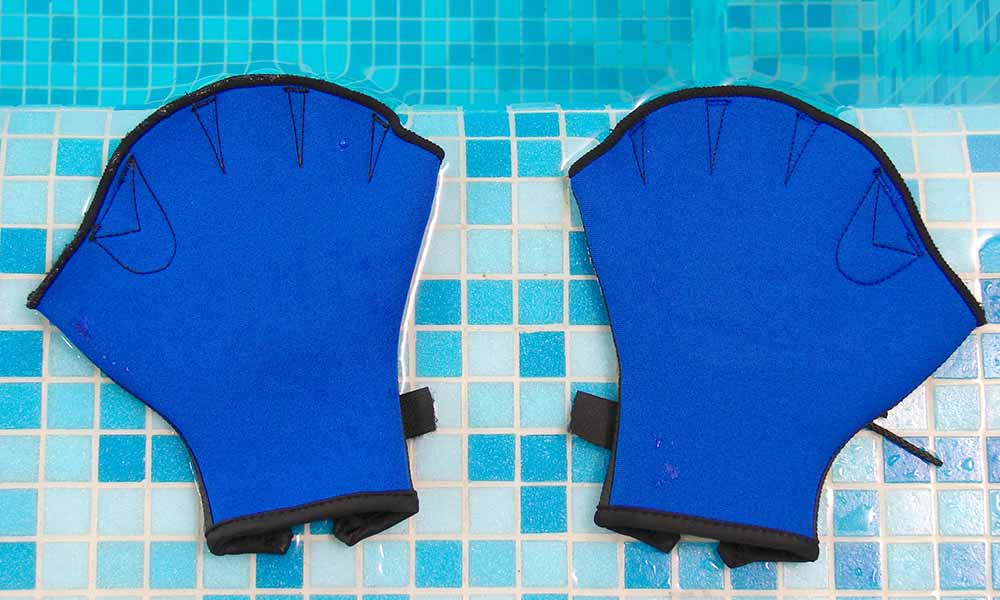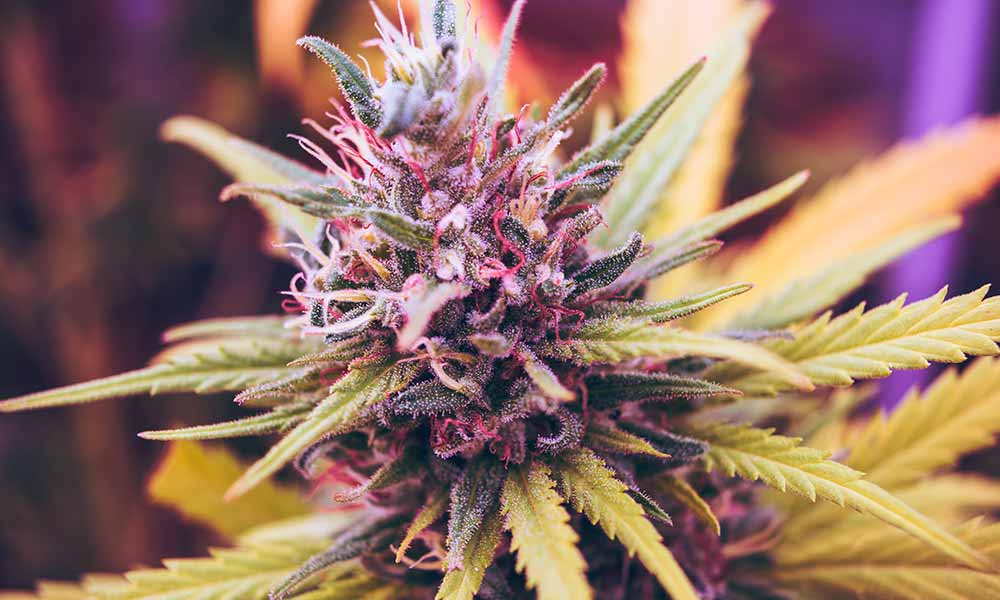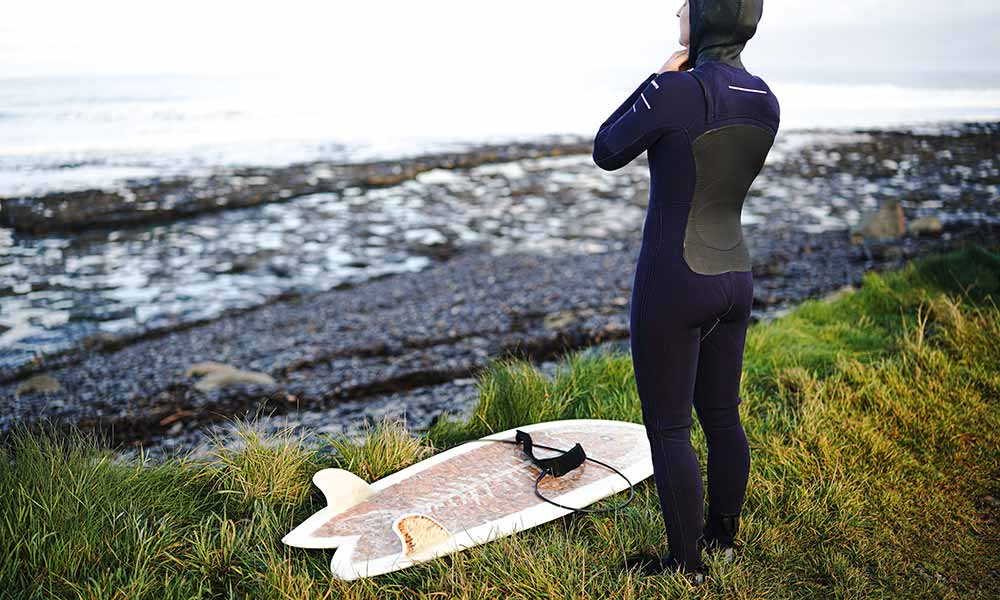According to Merriam-Webster, a kahuna is defined as “a preeminent person or thing”, while Big Kahuna is defined as “the most important or dominant person or thing” by Dictionary.com.
But where did the saying come from and what does it mean to the people who invented it?
Where Does “Big Kahuna” Come From?
The first translation of the word comes from an 1865 dictionary that claimed it derived from the word “kahu”, which means “to cook”, especially in an earthen oven.
At the time, the term was applied to someone who was a master of their craft, such as a doctor, priest, or minister.
It became associated with expert surfers in the phrase kahuna niu he’e nalu, and the term eventually found its way into the English language as “big kahuna”, also in reference to a surfer.
Big Kahuna In Surfing Culture
“Big kahuna” was used during the film Gidget, where it was used in reference to the leader of a group of surfers.
In the decades since, it has come to mean anyone who is in a position of power and is often used in a humorous and even tongue-in-cheek way.
Big Kahuna in Hawaii
Although the word “kahuna” was originally used in reference to a skilled and important person, such as a priest, surfer, or craftsman, it has lost its meaning somewhat over the years and “Big Kahuna” is now used to reference anyone with any kind of power.
Is “Big Kahuna” Offensive?
Apparently, many Hawaiians dislike the word and you may find yourself on their bad side if you use it in Hawaii.
The problem stems from the reverence tied to the term “kahuna”, and the lack of reverence that non-Hawaiians have for the word today.
You might not offend a Hawaiian person if you use the term “big kahuna” in reference to someone with genuine skill and power, but if you’re using it sarcastically, it could cause offense.

